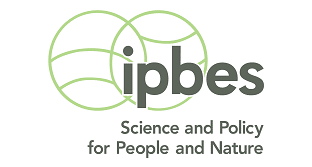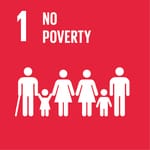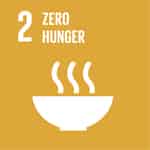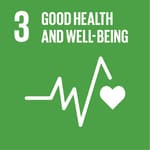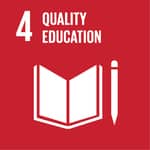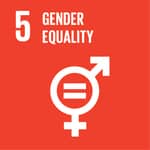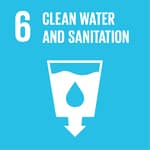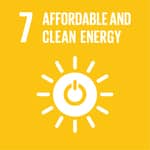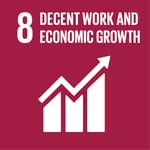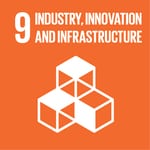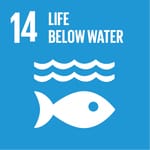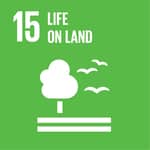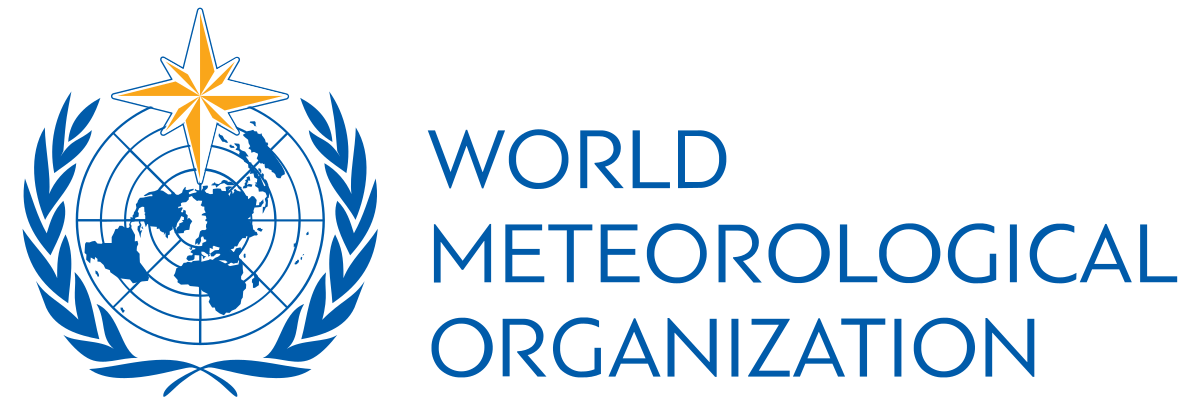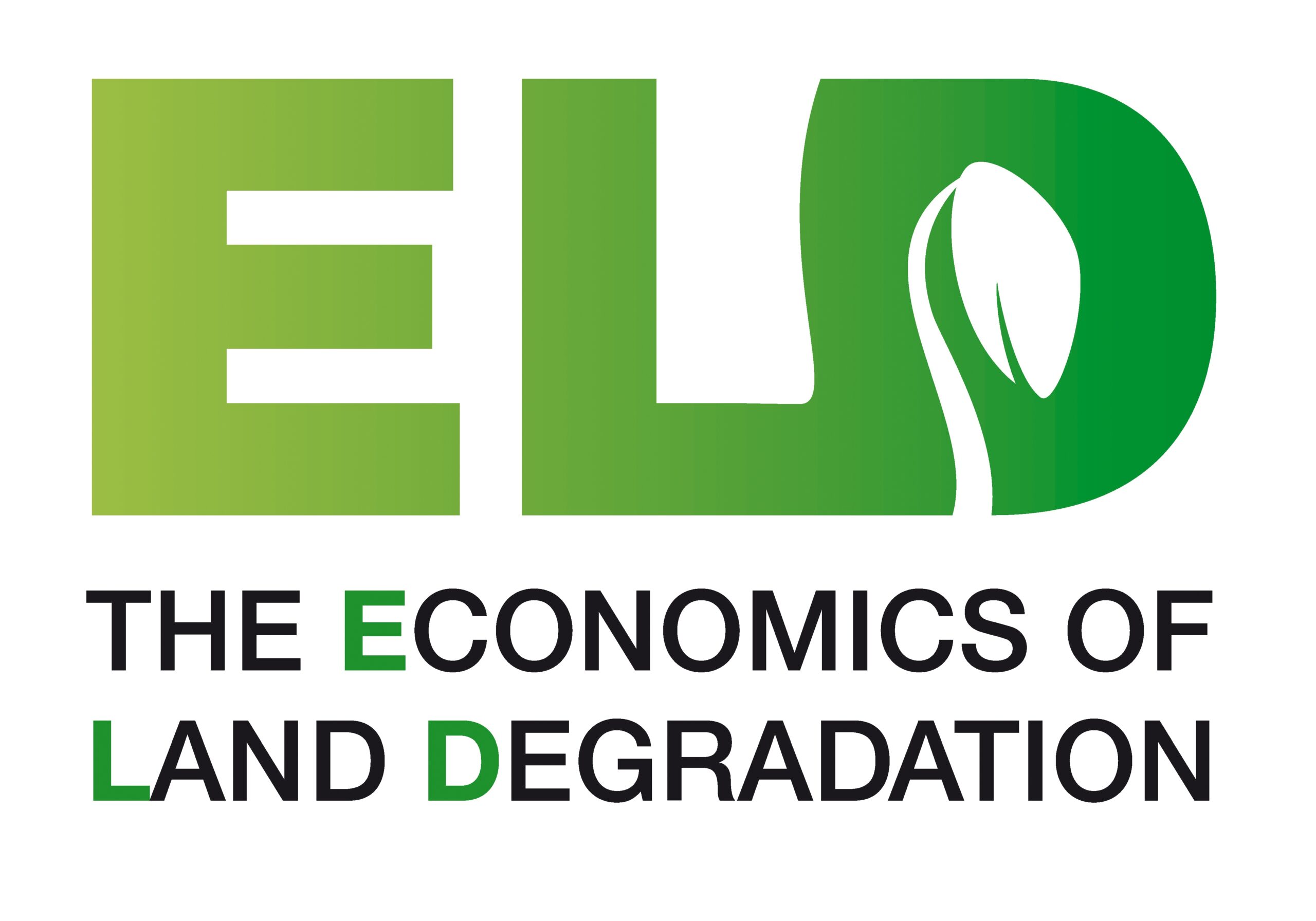It’s mission is to strengthen knowledge foundations for a better policy through science, for the conservation and sustainable use of biodiversity, long-term human well-being and sustainable development. As such, it aims to strengthen the science-policy interface for biodiversity and ecosystem services, and for conservation and sustainable use of biodiversity, long-term human well-being, and sustainable development. The platforms activities are guided by a graphically illustrated conceptual framework of six interrelated elements of a social-ecological system that operates at various scales in time and space: nature; nature’s benefits to people; anthropogenic assets; institutions and governance systems and other indirect drivers of change; direct drivers of change; and good quality of life. A series of training modules explaining and supporting the conceptual framework has been developed by The Sub-Global Assessment Network, a community of 500+ ecosystem assessment practitioners at sub-global scales (regional, sub-regional, national, sub-national). IPBES is placed under the auspices of four United Nations entities: UNEP, UNESCO, FAO and UNDP and administered by UNEP. It is hosted by the UN Campus in Bonn and currently has 124 member states.
Work Program:
Publications:
- A library of 2,500+ documents on their meetings, decisions, policies & procedures
- A library of 1,150+ Assessments, assessment reports, agreements, conceptual frameworks, glossaries, journal articles, e-learning content, etc.
HIGHLIGHTS:
- The Assessment Report on Land Degradation and Restoration (2018, 748p., 48p. summary) – Provides a critical analysis of the state of knowledge regarding the importance, drivers, status, and trends of terrestrial ecosystems. The Report recognizes that combatting land degradation, which is a pervasive, systemic phenomenon occurring in all parts of the world, is an urgent priority in order to protect the biodiversity and ecosystem services that are vital to all life on Earth and to ensure human well-being. Current degradation “is negatively impacting the well-being of at least 3.2 billion people.” IPBES projects that 4 billion people will be living in drylands in 2050, with decreased land productivity and resulting socio-economic instability. The Report identifies a mix of governance options, policies and management practices that can help support stakeholders working at all levels to reduce the negative environmental, social and economic consequences of land degradation and to rehabilitate and restore degraded land.
- Pollinators, Pollination and Food Production (2016, 810p., 40p. summary) – Focuses on the role of native and managed pollinators, the status and trends of pollinators and pollinator-plant networks and pollination, drivers of change, impacts on human well-being, food production in response to pollination declines and deficits and the effectiveness of responses.

